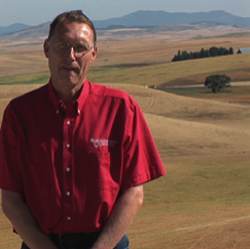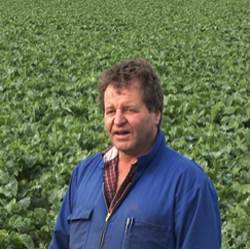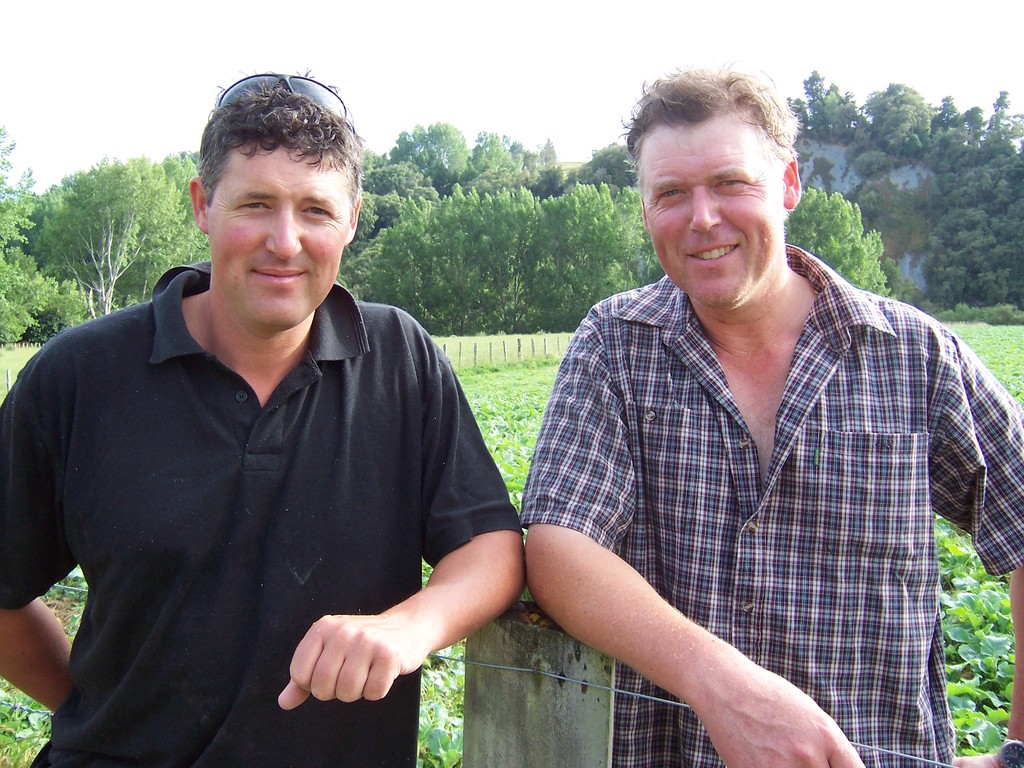Testimonals from farmers
What our Clients say:
Richard BrewerEnvironmental benefits (taken with permission from DairyNZ) See https://www.dairynz.co.nz/news/latest-news/success-from-the-soil-up/ for the full article:
Residue also protects the seedlings from wind and soil moisture loss. Fertiliser use is better targeted and reduced, as it’s placed near the seed at the same time. Richard applies nitrogen when he sows the seed. Residue broken down by the bugs in the soil is then cycled through the system over eight weeks, before being re-released for the growing plants to use. “So, there’s very little nitrogen losses in the system, which is good for the environment.”
The Brewers’ no-till methods also sit well with New Zealand’s Good Farming Practice Action Plan for Water Quality (produced by a multi-partner governance group which included DairyNZ). This Plan (see fedfarmers.org.nz) emphasises the importance of paddock selection, establishment and grazing in minimising sediment and nutrient loss from Critical Source Areas during cropping. It also recommends farmers keep soil exposure to a minimum between cropping and pasture rotations. Future-focused
“You’ve got to hand it to the many companies and farmers who’ve had a system that’s been working for them with cultivation, getting a good crop.” Nevertheless, he remains sold on no-till and his Cross Slot No-Tillage machine, adding that the $300,000 he invested in the drill and tractor set-up 10 years ago has been well worth it. It looks likely that the Brewers’ no-till methodology will remain at the heart of their cropping and pasture approach for another three decades. | |
|
"We are saving an average of 40-60mm of water a year. We've gone from averaging 4-5 T/ha of feed grains to 11-12 T/ha." (David Ward, Farmer, NZ) |
Andy and Rob Law, NZThe first thing Andy and Rob Law had to do before they bought a Cross Slot drill was convince their (late) father the figures justified the investment. Now seven years
You can only do that with a Cross Slot. | |

 "We have found there is one system that consistently has 70-80% crop residue left on the soil surface after seeding and that is the Cross Slot no-till system." (Hans Kok, Extension Agent, USA)
"We have found there is one system that consistently has 70-80% crop residue left on the soil surface after seeding and that is the Cross Slot no-till system." (Hans Kok, Extension Agent, USA)
